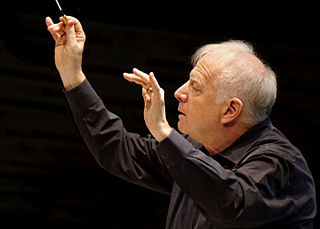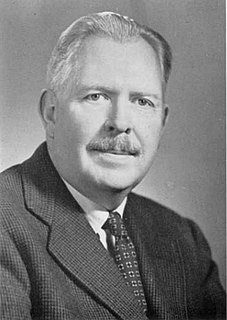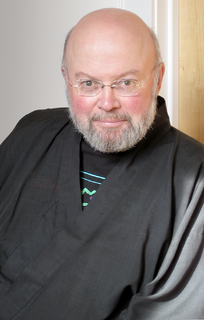A Quote by Svetlana Alliluyeva
A sense of religion is something one is born with, like a musical ear. One can develop it, cultivate it, enrich it, but if one hasn't got its seed to begin with, no powers of the intellect, no sophistication of 'evidence' can awaken it.
Related Quotes
Education has for its object the formation of character. To curb restive propensities, to awaken dormant sentiments, to strengthen the perceptions, and cultivate the tastes, to encourage this feeling and repress that, so as finally to develop the child into a man of well proportioned and harmonious nature, this is alike the aim of parent and teacher.
In a musical sense, it seemed like all the good intentions had gone awry, very quickly. I mean, we got back from America and Blur had made The Great Escape, which I thought was a really, truly awful album - so cheesy, like a parody of Parklife, but without the balls or the intellect. And Oasis were enormous and I always found them incredibly dreary. There was this uncritical reverence surrounding the whole thing
We don't always possess faith in the sense of having a clear embodiment of something to hang on to. The relationship between the intellect and faith is a very curious one. Sometimes the intellect can point us to faith, sometimes the intellect can stand in the way of faith. Sometimes, as St John of the Cross points out, we have to darken or blind the intellect in order to have faith.
There was a time when intellectual meant someone who uses reason and intellect. Today, people who call themselves intellectuals are in a form of mental death spiral: they search for, and find, those index cards that support their world view, and clutch little red books like rosaries in the face of all external evidence. They are ruled by appeals to authority. Their self-image and sense of emotional well-being trumps any and all objective evidence to the contrary.
[When we drop our agendas] we begin to cultivate a mind of true goodness and compassion, which comes out of a concern for the Whole. As we live out of such a mind, we become generous, with no sense of giving or of making a sacrifice. We become open, with no sense of tolerance. We become patient, with no sense of putting up with anything. We become compassionate, with no sense of separation. And we become wise, with no sense of having to straighten anyone out.



































